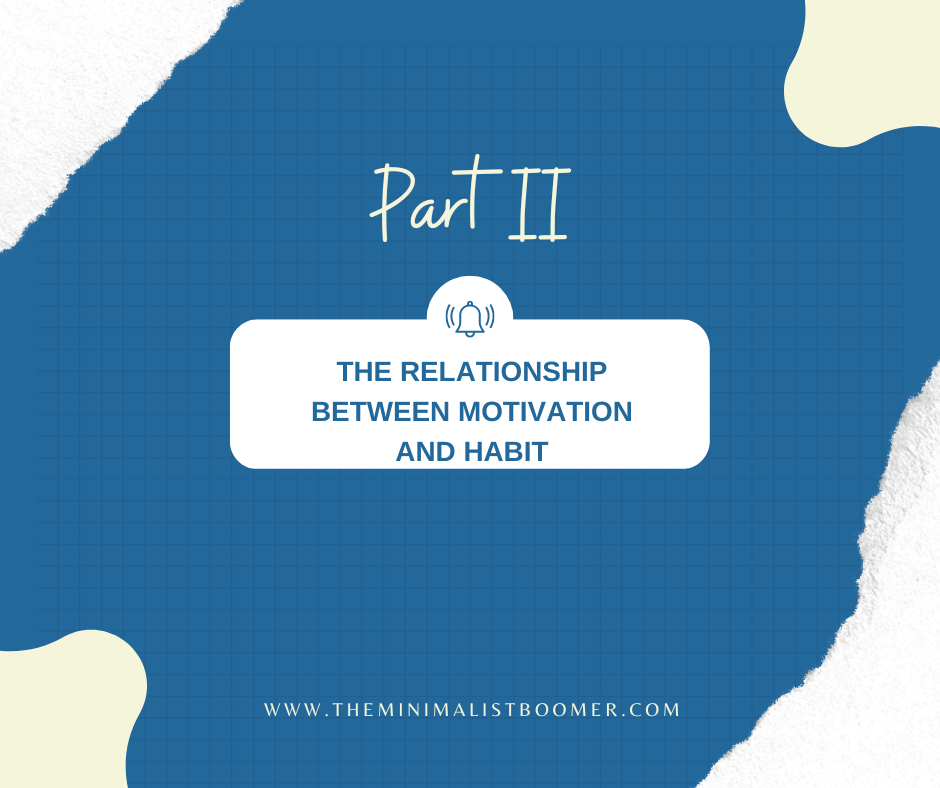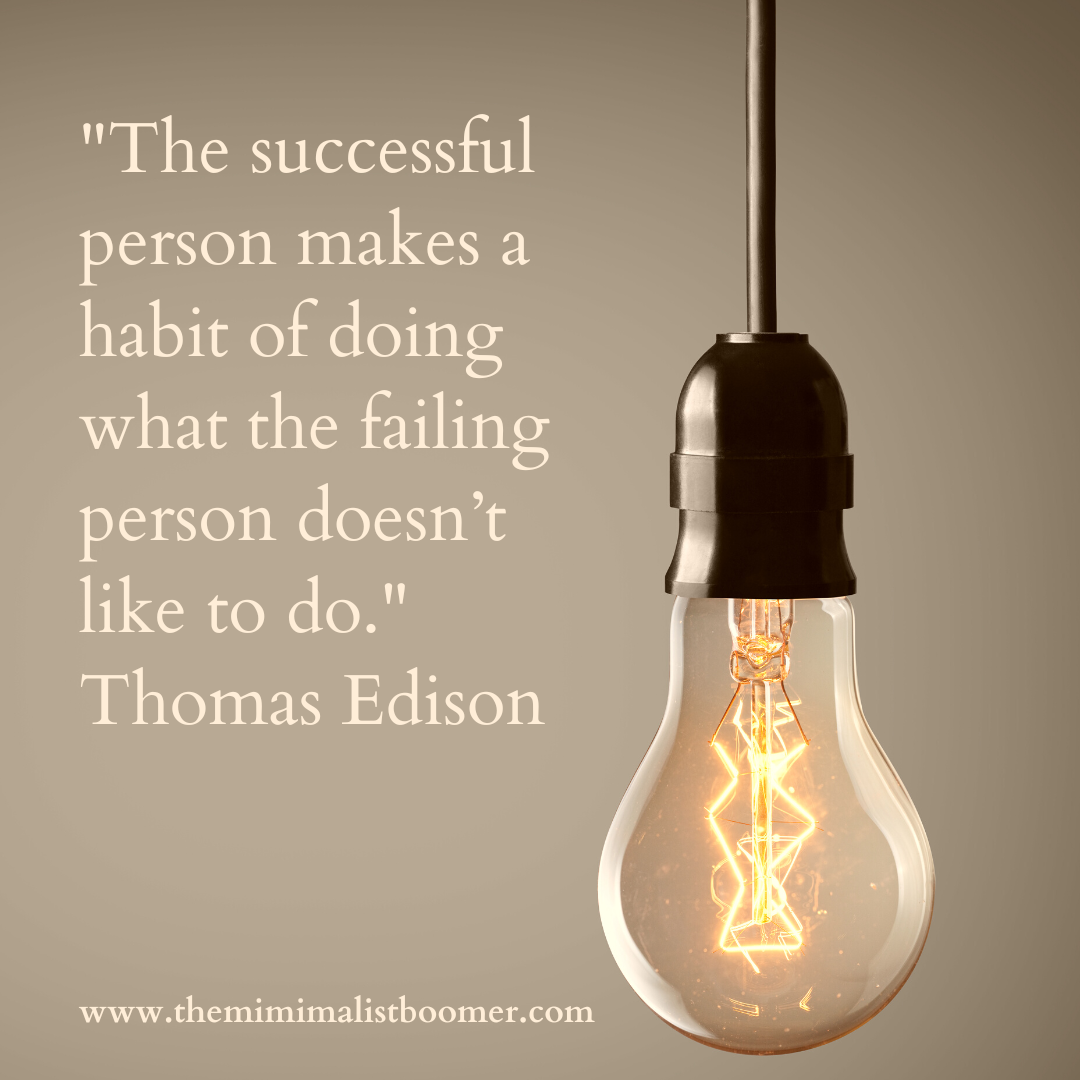Losing motivation doesn’t mean giving up. Some days, it feels like the spark just isn’t there. The energy that once fueled your passion seems to have dwindled into a mere flicker. But here’s the thing – hitting a slump doesn’t equate to throwing in the towel.
When I find myself in this situation, I remind myself that it’s okay to feel this way. It’s a natural part of the journey toward our goals. It’s in these moments of low motivation that we have an opportunity to reflect, readjust, and reignite our drive.
Since I’m feeling it today, let’s explore some steps to take when you’re in a slump, helping you distinguish between a temporary setback and a permanent standstill. Let’s discover how to navigate through the ebb and flow of motivation to keep moving forward toward success.
“Attitude is a little thing that makes a big difference.” – Winston Churchill

Recognizing the Difference
Let’s look at the subtle differences between losing motivation and giving up. It’s important to differentiate between the two, as they can often feel intertwined but have distinct characteristics that impact our journey.
Signs of Losing Motivation
Sometimes, we find ourselves in a state where everything seems ho-hum. Signs of losing motivation can manifest in various ways. For me, it’s when I wake up feeling uninspired, dragging my feet through tasks I once enjoyed. Procrastination creeps in, pushing important tasks further away. Self-doubt clouds my mind, making even the simplest decisions overwhelming. Recognizing these signs is the first step to addressing the issue head-on.

Understanding Giving Up
Giving up goes beyond just feeling demotivated; it’s a deeper emotional response. It’s like standing at the edge of a dark abyss, feeling the weight of hopelessness pulling you down. You start believing that failure is inevitable, resigning yourself to a fate of mediocrity. A long-term negative mindset takes root, overshadowing any flicker of positivity. It’s a mental and emotional surrender that can be difficult to bounce back from.
Losing motivation is a temporary setback that can be overcome with the right mindset and support. On the other hand, giving up is a more profound state of acceptance of failure without the motivation to try again. Understanding these differences can help us navigate our moments of doubt and rediscover our drive to keep moving forward, even when the path seems daunting.
Rekindling Motivation
After losing motivation, we must take proactive steps to reignite that inner spark. One effective way to do this is through self-reflection and goal setting. When feeling stuck, it’s crucial to pause, reflect on our goals, and perhaps readjust our priorities. By setting small, achievable objectives and maintaining a positive mindset, we can gradually regain momentum and work toward our aspirations.
Self-Reflection and Goal Setting
Reflecting on our goals allows us to evaluate where we stand and what adjustments might be necessary. It’s a chance to remind ourselves of our initial inspirations and consider if our current path aligns with our ambitions. Setting realistic and measurable goals can provide a roadmap that leads us out of our slump and into a more motivated state.
Remember, feeling a lack of motivation is normal, and it’s okay to seek help and take time to reassess our goals. Steps to take when you’re in a slump are all about acknowledging the struggle and finding ways to rise above it, one small step at a time.
“To bring about change, you must not be afraid to take the first step. We will fail when we fail to try.” — Rosa Parks
Embracing Challenges
Facing challenges is not about avoiding difficulties, but rather about meeting them head-on and using them as opportunities for growth. When we encounter setbacks, it’s essential to approach them with a mindset that embraces the chance to learn and improve. By shifting our perspective, we can turn obstacles into steppingstones toward success.
Developing Resilience
Resilience is the ability to bounce back from adversity stronger than before. It involves having a mindset that sees challenges as temporary hurdles rather than insurmountable barriers. Building resilience takes time and effort but can greatly enhance our ability to navigate through tough times.
To strengthen resilience, it’s important to:
- Cultivate a Growth Mindset: Embrace challenges as opportunities for self-improvement and development.
- Seek Support: Lean on friends, family, or mentors during challenging times for guidance and encouragement.
- Learn from Failures: Instead of dwelling on mistakes, extract valuable lessons that can help you continue to learn and grow.

Staying Persistent and Positive
Persistence and positivity go hand in hand when facing challenges. Maintaining a positive attitude can provide the motivation needed to keep pushing forward, even in the face of adversity. Stories of individuals who persevered through tough times can serve as inspiring reminders of the power of persistence and optimism.
Whether it’s the story of a successful entrepreneur who faced numerous rejections before achieving breakthrough success or an athlete who overcame multiple injuries to reach the pinnacle of her sport, these narratives underscore the importance of never giving up.
By staying persistent and positive, we can navigate through challenges with resilience and determination. Keep in mind that setbacks are not roadblocks, but detours on the path to success. Embrace challenges as opportunities for growth, and you’ll emerge stronger and more resilient than ever before.
“Believe you can and you’re halfway there.” – Theodore Roosevelt
When you’re in a slump, it’s important to remember that losing motivation does not equate to giving up. It’s merely a temporary setback that can be overcome with the right mindset and actions. By using the strategies here, you can reignite your passion and move toward your goals. Embrace the challenges as opportunities for growth. Keep pushing forward, even when the going gets tough, because success is just around the corner. Stay resilient, stay focused, and keep moving forward. You’ve got this!

















